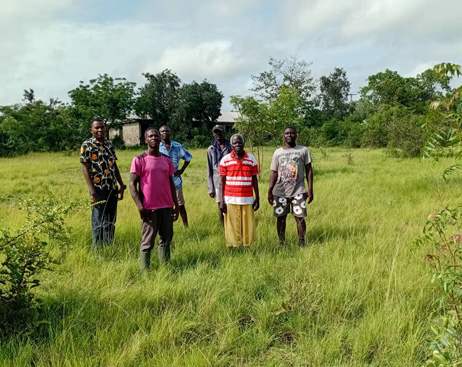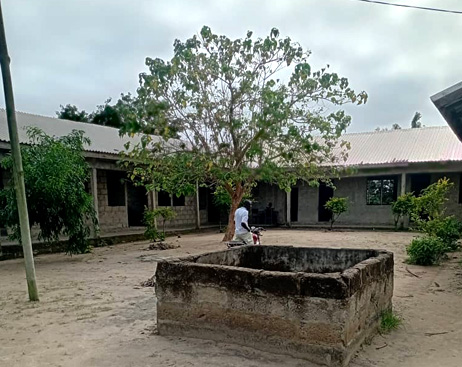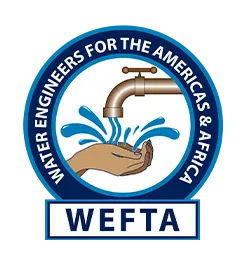
Mafi-Aflavenu WASH in Schools Improvement Project
Requesting $18,000 from our donors
Total Project Cost: $20,000
Project Location: Mafi-Aflavenu, Central Tongu District, Volta Region, Ghana
Project & Program Background
The Mafi-Aflavenu WASH Improvement Project seeks to address the urgent sanitation and hygiene challenges facing Mafi-Aflavenu Primary School and its surrounding community in Ghana’s Central Tongu District. This effort is part of WEFTA’s ongoing collaboration with rural partners to provide sustainable, community-led WASH solutions that protect health, improve educational outcomes, and foster dignity—especially among women and children.
Community Background
Mafi-Aflavenu, home to approximately 1,200 people, is a farming community where 80% of residents depend on small-scale agriculture and 20% on local trade. Despite its strong communal spirit and weekly marketplace that connects it to nearby towns, the area faces deep infrastructure deficits, including the absence of a local health facility and reliable sanitation systems. Children and families currently rely on unsafe open defecation practices, and school attendance suffers—particularly among girls—due to the lack of basic sanitation and hygiene amenities.
Water, Sanitation and Health (WASH) Concerns
The community faces an acute WASH crisis. The absence of toilet facilities at Mafi-Aflavenu Primary School and contaminated, distant water sources have led to widespread waterborne diseases, high open defecation rates, and unsafe hygiene conditions. These challenges have serious impacts on public health and education, disproportionately affecting girls and younger children. The lack of accessible water also prevents proper handwashing and sanitation practices, contributing to cycles of infection and school absenteeism.
Proposed Project
The project will construct a 6-seater KVIP (Ventilated Improved Pit) latrine and install Polytank-based rainwater harvesting systems with handwashing stations at the Mafi-Aflavenu Primary School. This will create a safe, hygienic, and gender-sensitive sanitation environment for students and teachers.
Construction will be led by a partnership between WEFTA (technical design and funding oversight), local leadership, and the Mafi-Aflavenu community, which will contribute labor, materials, and local coordination. The District Assembly and Ghana Education Service will provide approvals and long-term integration into official maintenance frameworks.
Through WEFTA’s technical guidance and the community’s strong commitment, the project will directly benefit over 1,000 residents, promoting health, safety, and educational equity across generations.
Sustainability & Community Engagement
Community ownership ensures lasting care and maintenance, as local leaders and parents will take responsibility for the proper use of the facilities. A trained WASH Committee, composed of teachers and parent representatives, will oversee maintenance, manage small user contributions, and ensure timely repairs. Continuous capacity building through WASH Clubs and hygiene education for pupils will reinforce healthy practices and behavior change. Integration with the District Assembly and Ghana Education Service will embed the project in local governance and budgeting systems, guaranteeing technical oversight and long-term viability.
Community members have pledged in-kind support, including volunteer labor, local materials such as timber for roofing, and funds raised through PTA fees, community festivals, and contributions from local authorities.
WEFTA Volunteers
WEFTA volunteers will contribute 10% of the total project cost and will play an essential role in the planning, design, and monitoring phases. Following completion, WEFTA volunteers will continue to provide advisory support and remote monitoring to ensure that the facilities remain fully operational and that local teams gain confidence in ongoing management.
If you would like additional information about this project, please contact us.
Donate to Mafi-Aflavenu WASH in Schools Improvements


of rural schools in Ghana have access to a reliable water source.
This project will positively impact over 1,000 lives!
